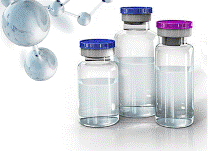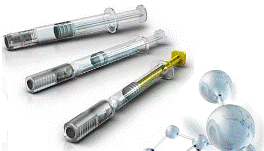NYLON Filter Membranes (Recommended for oils)
Nylon membranes are extremely durable membranes that allow for more viscous fluids, oils, and even solvents to be filtered through the membrane. Hydrophilic and excellent at removing particulates and bacteria. Superior thermal capabilities, and has a much higher tolerance to solvents than a PES filter. Extremely high vacuum capacity. This membrane is the best combination of durability and speed, especially when filtering higher viscosity fluids. Ideally suited for multiple laboratory filtering needs.
PVDF Filter Membranes (Recommended for oils)
PVDF membranes are hydrophilic for wide chemical compatibilities, including a resistance to higher temperatures (up to 150°Celsius). Approved for filtering multiple food products, this membrane provides low extractable levels. This membrane may require the usage of mechanical pumps, but is able of sustaining far higher degrees of acidity, and can filter viscous fluids. This membrane is as durable as Nylon and also tolerates very high vacuum rates. However, PVDF has a slower flow rate than Nylon, especially when filtering more viscous fluids.
PES Filter Membranes (NOT recommended for oils!!)
It's asymmetrical pore structure allows for very high flow rates, in addition the polyethersulfone membranes have the benefit of having low protein binding characteristics. Hydrophilic, and able to withstand higher temperatures, PES filters have a wide range of laboratory uses. However, does not withstand high pressures for filtration when filtering more viscous fluids. May not filter especially viscous fluids at all. Solvents mixed with other liquids or oils may work, but acidity of the mixture must be very minimal or it will damage the pore structure of the membrane. Ideally suited for rapid filtration of aqueous or less viscous fluids with low solvent concentrations.









